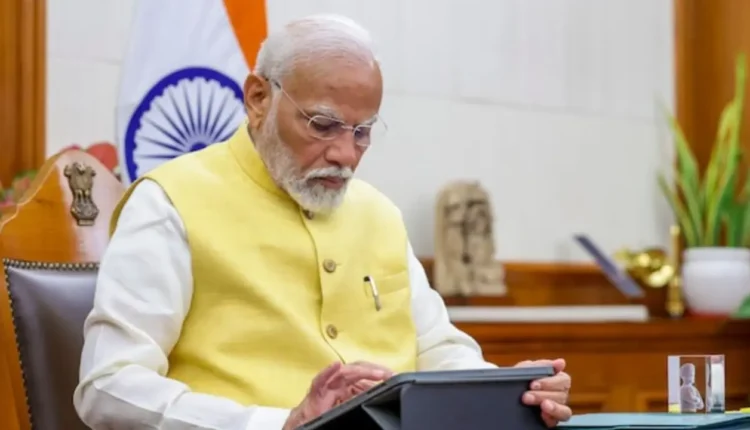On May 26, 2025, Narendra Modi completed 11 years as the Prime Minister of India, marking a significant milestone in the nation’s political history. His tenure, beginning in 2014, has been characterized by major policy reforms, a transformative approach to governance, and a strong emphasis on national identity and development. As one of India’s most influential leaders, Modi’s leadership has left a deep imprint on the political, economic, and social fabric of the country.
Rise to Power
Narendra Modi emerged on the national political stage after serving as the Chief Minister of Gujarat for over a decade. His leadership during the 2014 general elections brought the Bharatiya Janata Party (BJP) a historic majority in the Lok Sabha, the first such single-party majority in 30 years. Modi’s appeal as a decisive, development-focused leader resonated with millions of Indians who were eager for change.
Key Achievements
Over the past 11 years, Modi’s government has launched numerous landmark initiatives. The Make in India campaign aimed to boost manufacturing, while Digital India sought to modernize digital infrastructure. Programs like Swachh Bharat Abhiyan (Clean India Mission) promoted sanitation and hygiene, and Ujjwala Yojana provided clean cooking gas connections to millions of women.
The implementation of the Goods and Services Tax (GST) in 2017 represented one of the most significant tax reforms in India’s history, aimed at creating a unified national market. The abrogation of Article 370 in 2019, which removed the special status of Jammu and Kashmir, was another bold and controversial move that drew both national support and international scrutiny.
On the economic front, while India faced several challenges—including a slowdown, demonetization in 2016, and the COVID-19 pandemic—Modi’s administration continued to emphasize infrastructure development, ease of doing business, and attracting foreign investment.
Challenges and Criticisms
Despite numerous achievements, Modi’s tenure has not been without criticism. His government has faced allegations of centralizing power, undermining democratic institutions, and suppressing dissent. The handling of the COVID-19 crisis in 2021, particularly during the second wave, drew widespread criticism over inadequate healthcare infrastructure and vaccine distribution.
Social policies and laws such as the Citizenship Amendment Act (CAA) led to large-scale protests and raised concerns over secularism and minority rights. Farmers’ protests against the now-repealed farm laws also highlighted the challenges of implementing economic reforms in a diverse and complex society.
Global Impact and Foreign Policy
Modi has significantly raised India’s global profile. His government has pursued an assertive foreign policy, strengthening ties with countries like the United States, Japan, and Australia while balancing relations with Russia and China. Initiatives like the International Solar Alliance and active participation in global climate summits have also projected India as a key global stakeholder.
Conclusion
As Narendra Modi completes 11 years as Prime Minister, he remains one of the most influential and polarizing figures in modern Indian history. His tenure has been marked by bold decisions, ambitious reforms, and a clear vision for a “New India.” Whether one views his leadership through the lens of progress or contention, it is undeniable that his governance has reshaped India’s political landscape. The coming years will further reveal how his legacy influences India’s path in the 21st century.



